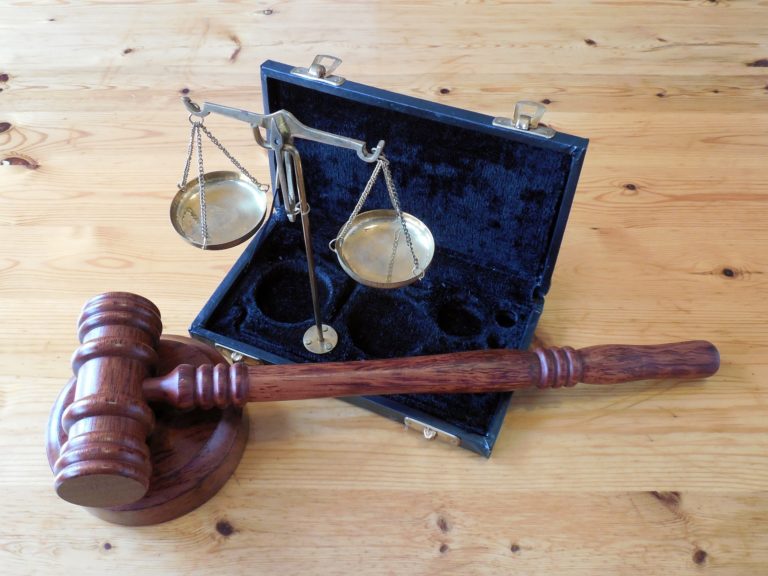
If you are looking to file for bankruptcy, you may have heard of the 341 meeting, or the meeting of creditors. The main purpose of the meeting is so that you, your trustee, your attorney, and your creditors can assess your finances and find a way forward. Unfortunately, in some cases, a creditor may deny your bankruptcy case. Do not let this happen. Simply continue reading and reach out to our experienced New York bankruptcy attorney to learn more about the meeting of creditors and how our firm can help you through the bankruptcy process.
What do I need to bring to the meeting of creditors?
Before attending your meeting of creditors, you and your attorney must ensure you bring the following:
- Recent bank statements
- All your bankruptcy papers
- Proof of income–meaning pay stubs, W-2s, or tax returns
- Your Social Security Card and ID
- Documents detailing your expenses under the means test
- All other documents the trustee lists in the Notice of Meeting of Creditors
- Any other documents your attorney deems necessary
What will they ask me at the meeting of creditors?
Once you arrive at the meeting, you will have to answer several of the trustee’s questions. For example, the trustee may ask you if you are expecting an inheritance, any property from a recent divorce, whether you think you will receive a tax refund, and more. The trustee’s main purpose is to get a full picture of your financial situation so he or she can determine whether you qualify for bankruptcy.
How long will I have to stay at the meeting of creditors?
Many individuals are relieved to learn that generally, the meeting rarely stretches beyond 10 minutes. The name, “meeting of creditors” sounds overwhelming, as can bankruptcy as a whole, however, as long as you have a trustworthy and knowledgeable bankruptcy attorney at your service, the meeting will be a breeze.
What do I do after the meeting of creditors?
After the meeting, the court will issue debtor orders, where they may order you to give the trustee certain information or turn over some of your assets or property. If you do not, the court may dismiss your case altogether. Retaining the legal services of an experienced bankruptcy attorney ensures this will not happen. Once the process comes to a close, you should receive your bankruptcy discharge.
Contact our experienced New York firm
The Law Offices of Allen A. Kolber, Esq. effectively represents clients facing Bankruptcy in Rockland County and all of New York State. Our firm understands the stress one can feel when facing a difficult financial future. Our compassionate staff will work to ease your fears and help you make a new start. If you need quality legal support, contact The Law Offices of Allen A. Kolber, Esq.






